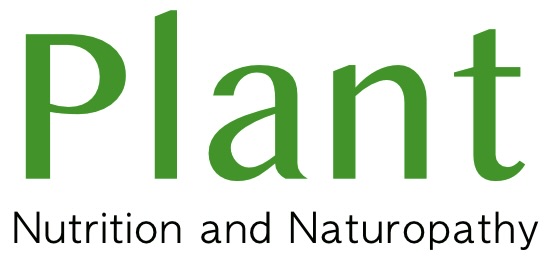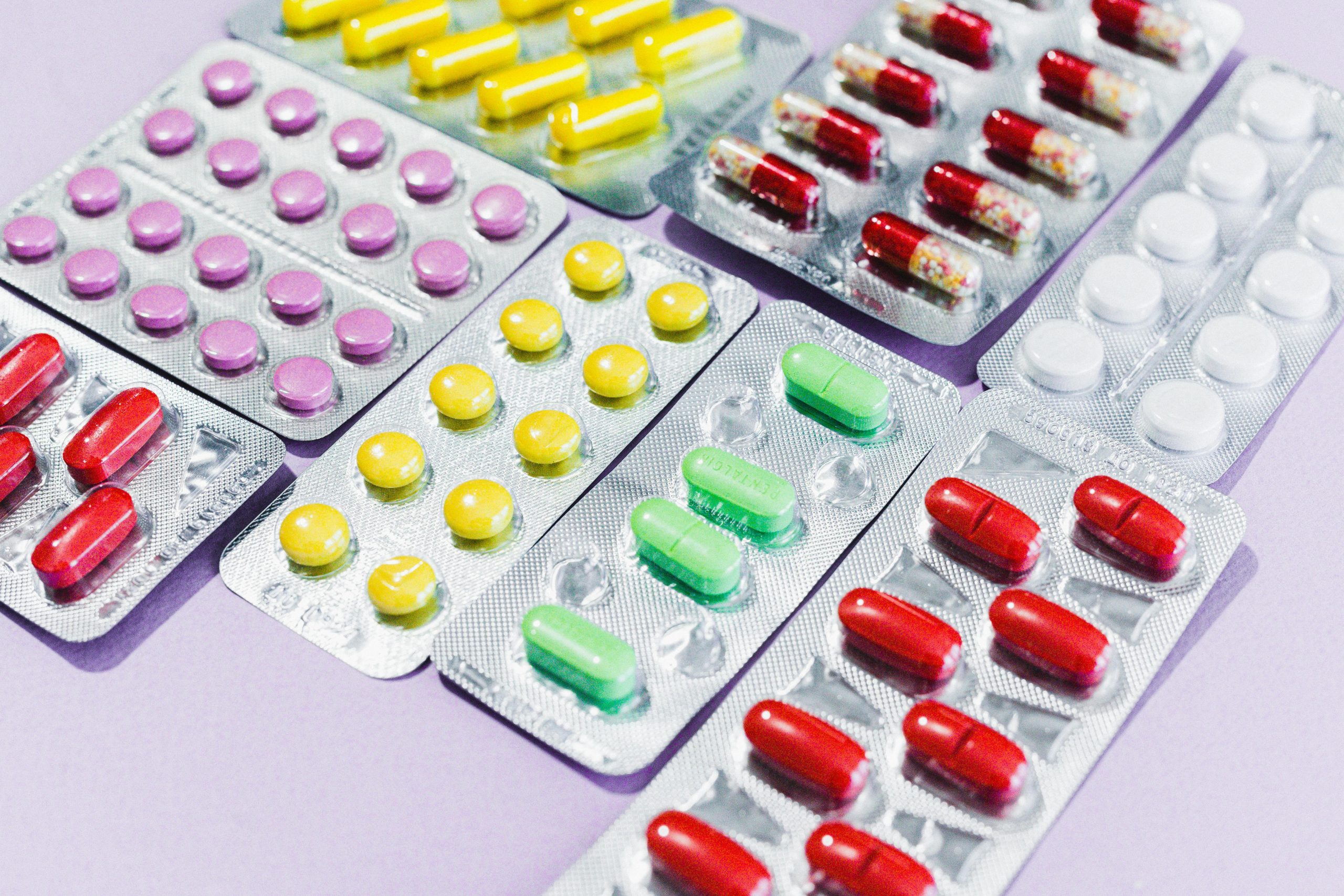How Do I Rebuild My Gut Microbiome After Antibiotics?
So, you’ve finished a course of antibiotics and now your digestion feels off. Maybe you’re bloated, tired, or your stomach just isn’t the same. You’re not imagining it, antibiotics can be really helpful when you need them, but they also wipe out some of the good bacteria in your gut that keep everything running smoothly.
The good news? Your gut can bounce back, it just needs a bit of support. Here’s how to help it heal.
1. Understand what happened
Antibiotics don’t just kill the “bad” bacteria that make you sick, they also kill off the “good guys” that live in your digestive tract.
These friendly bacteria help you digest food, absorb nutrients, support your immune system, and even influence your mood.
So after antibiotics, it’s normal to feel out of balance for a while.
2. Eat real, whole foods
Your gut bacteria thrive on real food, not processed stuff.
Choose:
– Fresh vegetables and fruit
– Whole grains like oats, brown rice, and quinoa
– Healthy fats from avocado, olive oil, and nuts
– Protein from beans, lentils, eggs, or tofu
These foods give your gut the fibre and nutrients it needs to rebuild a healthy bacterial community.
3. Add fermented foods
Fermented foods are like a little bacterial booster shot for your gut! They contain natural probiotics, the same beneficial bacteria your gut needs more of.
Try adding small amounts of:
– Sauerkraut or kimchi
– Unsweetened yoghurt or kefir
– Miso or tempeh
– Kombucha (watch for added sugar)
Start slow if you’re not used to them, sometimes your gut needs time to adjust.
4. Feed the good bacteria with fibre
Probiotics are the good bacteria but prebiotics are what they eat.
Think of prebiotics as fertiliser for your gut garden.
Foods rich in prebiotic fibre include:
– Garlic and onions
– Bananas (especially slightly green ones)
– Oats and barley
– Apples
– Asparagus and leeks
The more variety, the better! Different fibres feed different kinds of bacteria.
5. Drink plenty of water
Your gut bugs love a hydrated environment. Water helps fibre do its job and keeps your digestion moving along. Aim for around 8 glasses a day, more if you’re active or it’s hot outside.
6. Reduce sugar and ultra-processed foods
Sugar and heavily processed foods can feed the “bad” bacteria and make it harder for the good ones to grow back.
Try cutting back on:
– Soft drinks
– Sweets and pastries
– Fried and packaged snacks
– White bread and highly processed carbs
Your gut bacteria will thank you and you’ll likely feel more energetic too.
7. Manage stress
Here’s something people often miss: your gut and brain are closely connected.
Stress can change your gut bacteria and slow down healing.
Support your gut by calming your nervous system:
– Take deep breaths during the day
– Go for walks in nature
– Try yoga, journaling, or gentle stretching
– Prioritise good sleep
A calm body = a happier gut.
8. Consider a quality probiotic
A probiotic supplement can be helpful after antibiotics, especially if your digestion hasn’t bounced back yet.
Look for one that contains multiple strains, including Lactobacillus and Bifidobacterium, and talk to me about what’s right for you.
9. Be patient
Your gut won’t heal overnight. For most people, it can take several weeks (even months) for your gut microbiome to rebalance after antibiotics.
Stay consistent with your healthy habits, eat a variety of plant foods, and give your body time to restore itself.
Antibiotics can save lives
Antibiotics can save lives but they can also leave your gut a bit depleted.
Rebuilding your gut biome is about adding back diversity through nourishing foods, fermented goodness, hydration, rest, and patience.
Your body knows how to heal, it just needs the right support.
Want help rebuilding your gut health naturally?
Book a consultation and let’s work together to start restoring balance from the inside out.

